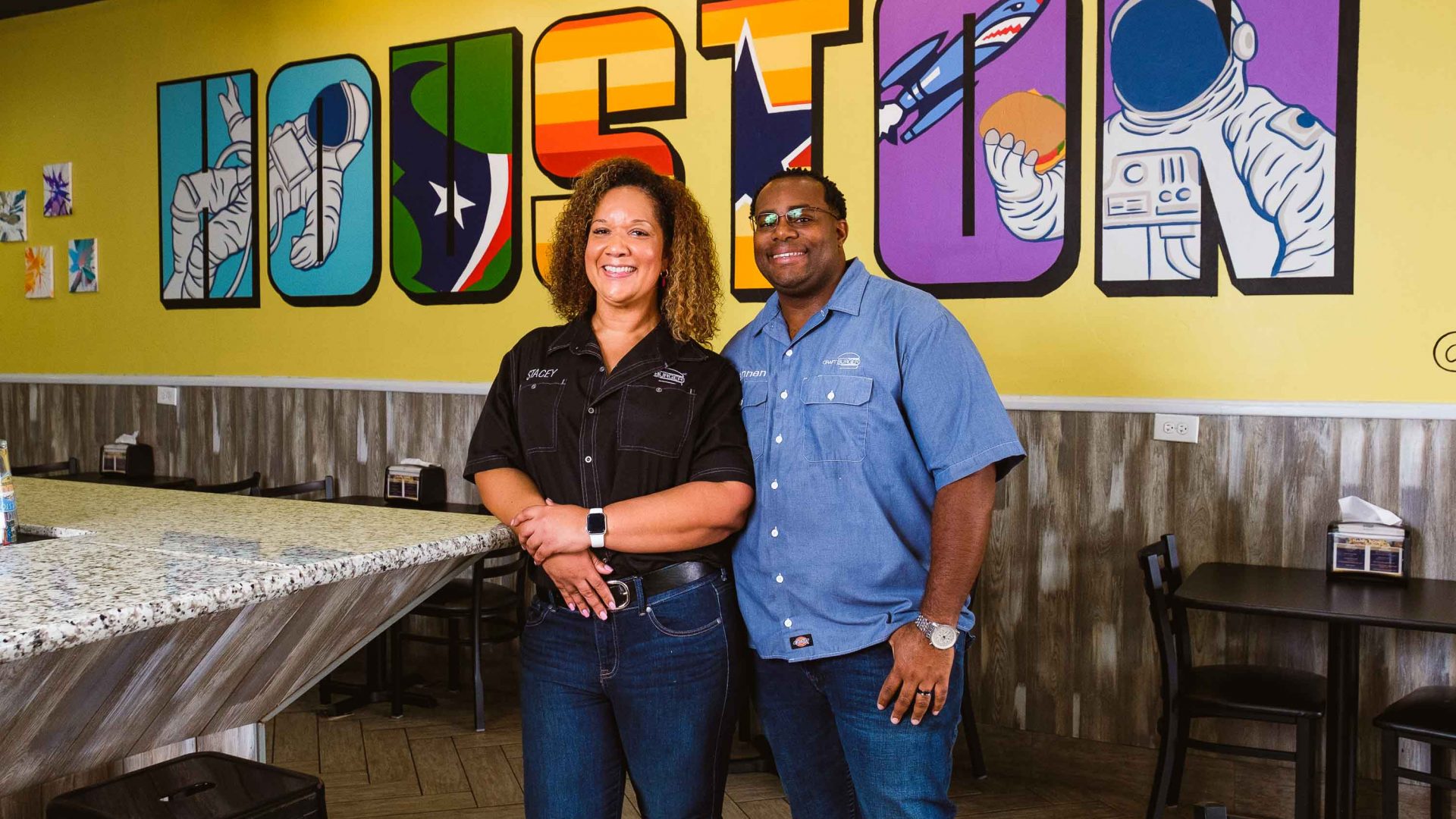
In Texas’s largest city, Black chefs and entrepreneurs are revitalizing the food and drink scene across an estimated 600-700 Black-owned restaurants, bars, food trucks and coffee shops. Sheryl Nance-Nash makes a reservation.

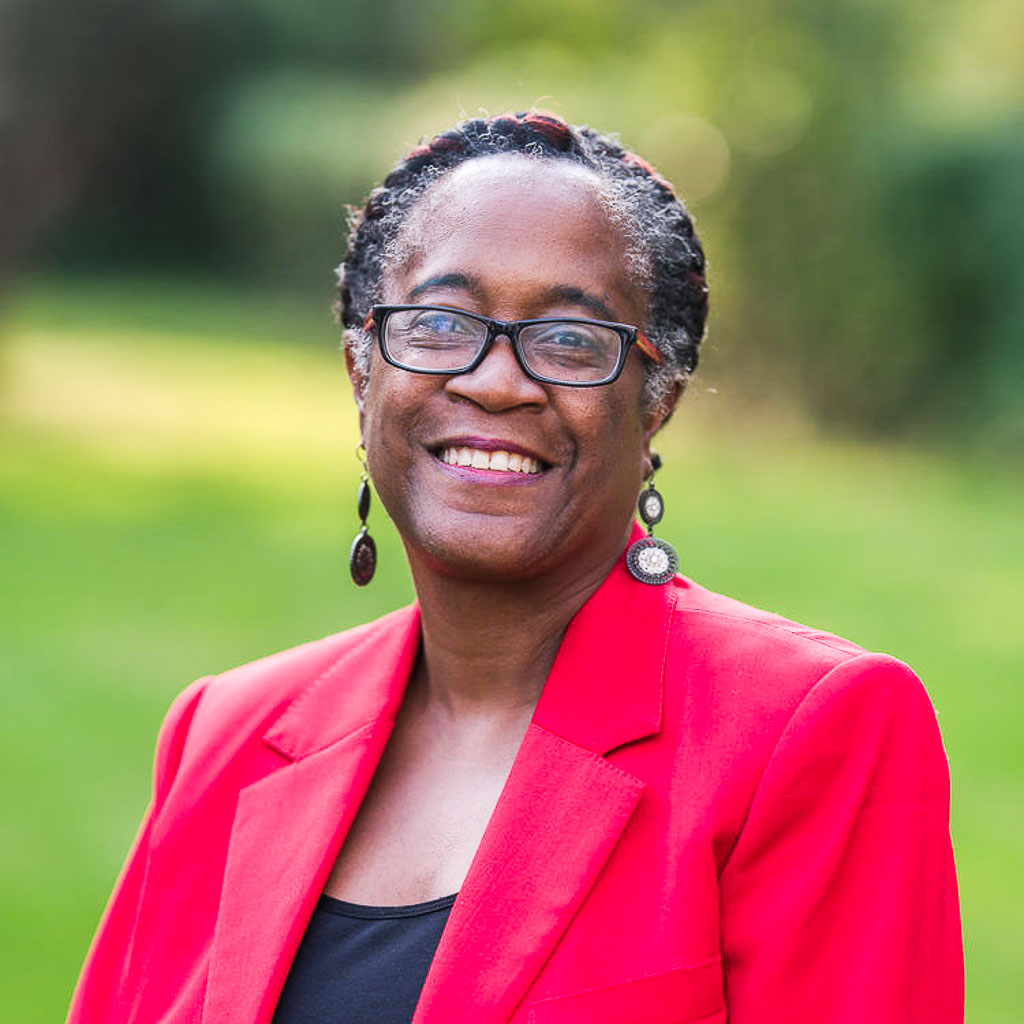
In Texas’s largest city, Black chefs and entrepreneurs are revitalizing the food and drink scene across an estimated 600-700 Black-owned restaurants, bars, food trucks and coffee shops. Sheryl Nance-Nash makes a reservation.
Houston’s Black history has always been a rich one. Freedman’s Town, established in 1865 by newly freed African Americans, housed one-third of Houston’s 36,000 Black residents by 1930. Emancipation Park, a 10-acre park purchased by former slaves in 1872 to host Juneteenth celebrations, was the only public park and swimming pool in Houston open to Blacks until the 1950s. Then there’s the Eldorado Ballroom, founded in 1939 as a musical performance venue for Houston’s Black community during segregation—it was the hotspot for Black middle and upper classes to be and be seen.
But it’s the Third Ward neighborhood that was the epicenter of the city’s Civil Rights movement. In the 1950s, many middle-class and wealthy Blacks left and integrated into all-white residential areas. By the 1960s and 1970s, Black-owned businesses left too and those that remained, struggled. The once-thriving Third Ward lost its luster.
Today, those neighborhoods are abuzz. Black chefs and entrepreneurs are revitalizing the food scene, with an estimated 600-700 Black-owned restaurants, food trucks and bars. Fueled by the boom in Black-owned food trucks that sprang up during the pandemic, the growth has been evident. Black Restaurant Week, which started in 2016, promotes Black restaurants, culinary professionals and businesses, such as food trucks and catering services, while competitions, food truck festivals and bartending contests have also helped spread the word.
The boom also extends to coffee shops, urban farms, grocers like District Market Green Grocer, chef Jonny Rhodes’ Broham Soul Food & Groceries, an urban winery and tasting room, and new events like the Black Chef Table dinner series started by restauranteur Marcus Davis and chef Keisha Grigg to showcase BIPOC chefs, wine, spirit and beer makers, ranchers, farmers, and fisherman. It’s all happening, right now.
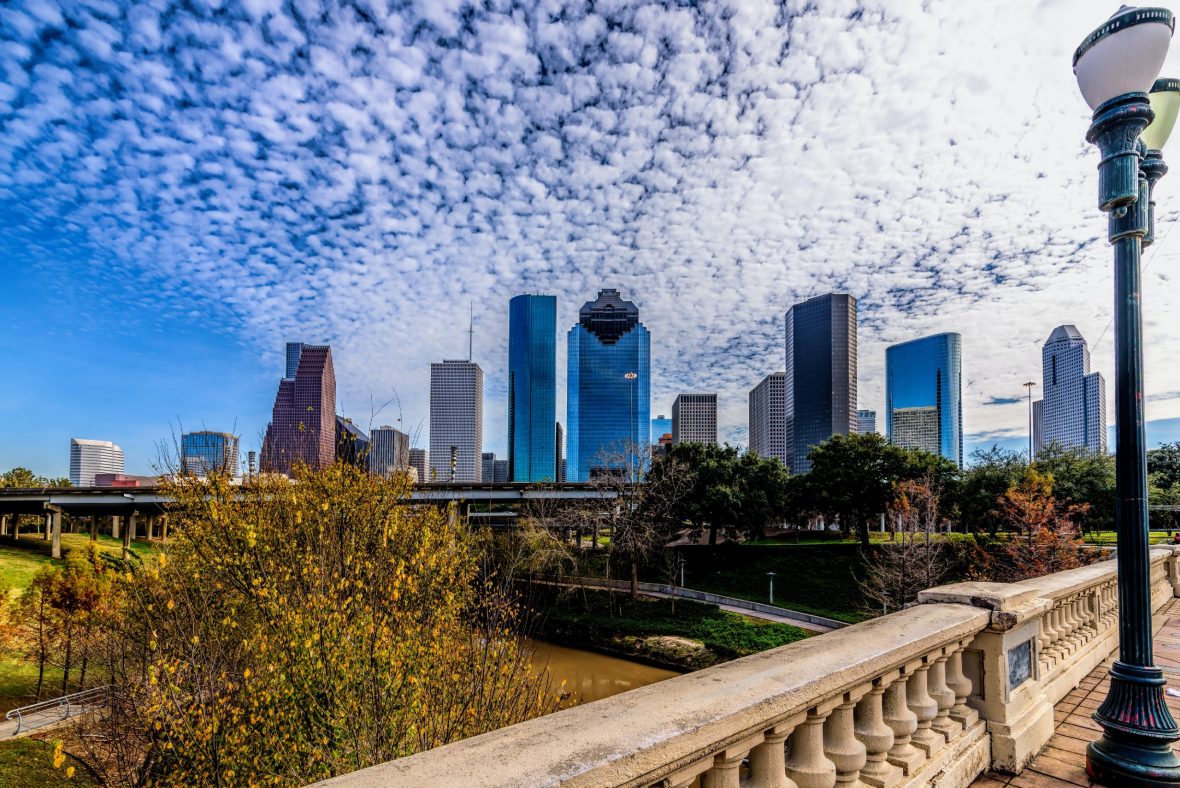
The surprise for some will be that the cuisine isn’t just BBQ and traditional soul food. Expect more than the typical collards and mac’n’cheese. Think creative fusions like the crispy Asian shrimp with sweet Thai chili sauce, sriracha aioli, sesame seed and sweet soy glaze that’s served at Upper Kirby Bistro, and twists like oxtail tamales with pico black-eyed peas and homemade salsa roja at Lucille’s. Now, I’m reliving those flavors and thinking about how the transformation transpired.
A confluence of factors created a recipe for change. In spring 2020, an enormous racial awakening occurred following the George Floyd murder and, with time, a spotlight was shone onto marginalized communities and businesses. Secondly, COVID-19’s devastating, disproportionate impact on the Black community highlighted health inequities and inspired action from Black chefs and restauranteurs to make food philanthropy and giving back a priority.
“Since George Floyd, there has been money for our community,” says Chris Williams, co-founder and executive chef of Lucille’s, a nationally acclaimed, decade-old restaurant in the a Museum District, beloved as much for its cuisine as for its community work. “We’re pushing limits and seizing the moment. We want to get all we can before that money is redirected elsewhere.”
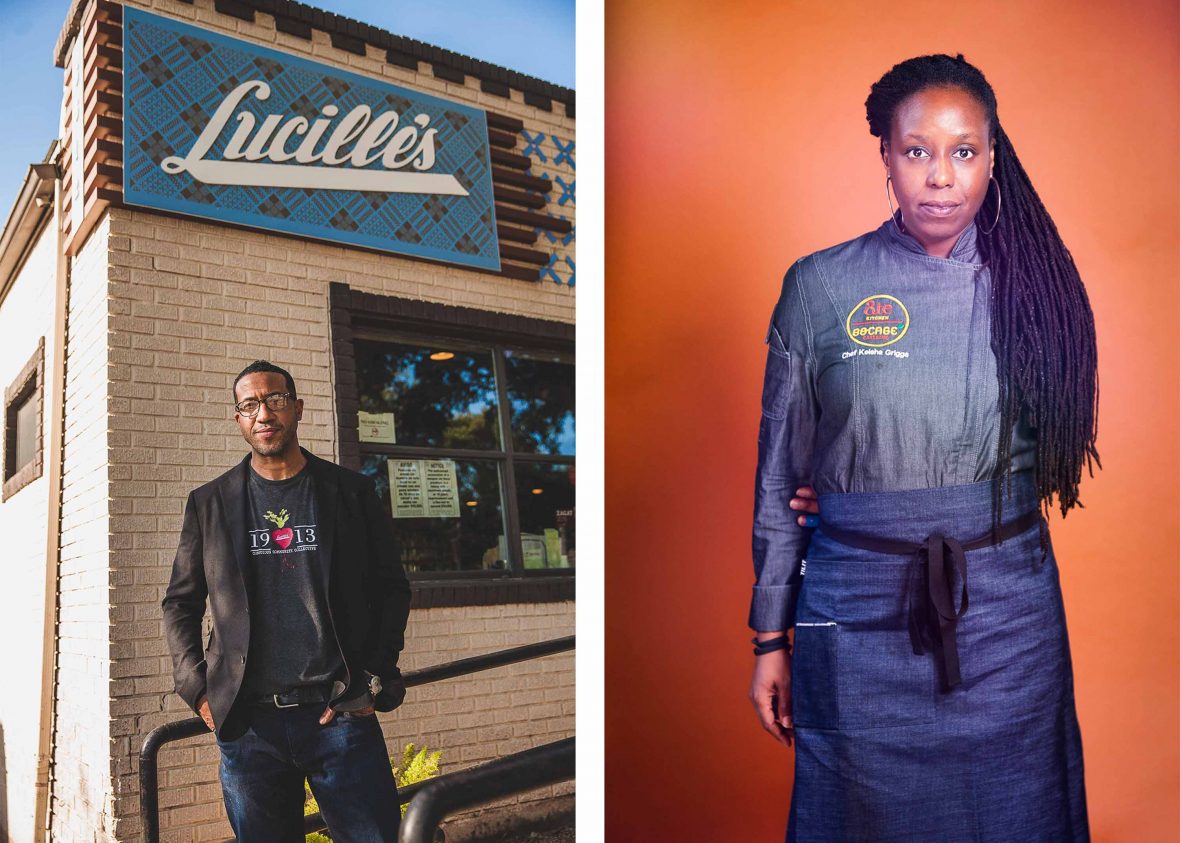
Williams himself is going 100mph. Last year, he launched Lucille’s Hospitality Group, which includes the non-profit arm, Lucille’s 1913, that has distributed more than 480,000 meals to those in need since the pandemic. The organization’s work includes culinary arts and horticulture training. It has four acres of farmland that produces food for distribution to people in need and community markets where locals can purchase goods for 60 percent less than grocery stores.
Williams, a 2022 James Beard finalist for Outstanding Restaurateur, has a full plate with the Eldorado Ballroom and Project Row Houses restoration projects, art gallery, community center, business incubator and more. Just listening to him talk revs me up as much as the anticipated lunch that will follow our conversation.
“What’s going on in Houston right now is a movement.”
- Jarrett Milton—Houston Sauce Pit
Other chefs and entrepreneurs got busy too. Ivy Lawrence-Walls, the 20-something CEO of Ivy Leaf Farms, a trained epidemiologist, moved into the Sunnyside neighborhood in February of 2020. Disheartened by the “food desert” she saw, she began growing zucchini okra, spinach, and cucumbers on family-owned land. She also saw how people where she lived were more affected by COVID-19. These two discrepancies “kicked me into overdrive, and then the George Floyd murder,” says Lawrence-Walls.
By August of 2020, she had quit her full-time job to focus on the farm. She’ll soon open Fresh Houswe Grocery in her neighborhood that will offer fresh produce and shelf stable products—many of which are from Black-owned companies—such as local honey, pickles, rice, teas, and herbs. Her aim is to employ local high-school kids to give them an opportunity to serve the community and work in their own neighborhood. This summer, she will also partner with the Houston Land Bank to create community gardens. The more she spoke, the more I felt like this young woman is already a change agent—and she’s just getting started.
The pandemic changed everything—but as well as putting some people out of business, it also created new ones. Jarrett Milton, co-founder of the Houston Sauce Pit, a vegan BBQ food truck, launched his business in January of 2020. COVID-19 boosted it.
People could grab and go or sit outside at a picnic table. They didn’t mind standing in line. The food is outrageously good. The hot links [Southern-style sausage] are the crowd pleasers and I devoured them in minutes, along with the Asian-fusion Brussel sprouts right off the smoker and potato salad.
Milton also recently opened Chunky’s Hot Chicken food truck. Both trucks are along Almeda Road in the Third Ward, home to many Black-owned businesses like the you-can’t-get-a-table restaurant, the Turkey Leg Hut. What’s going on in Houston right now, is, as Milton says, “a movement.”
As for restaurateur Marcus Davis, he put his James Beard-nominated Kulture restaurant on pause during the pandemic. James Beard Awards are given by the James Beard Foundation for exceptional talent in the culinary arts. Kulture is in downtown and specializes in Southern cuisine like oxtail ragout, collards and calas dip, and shrimp and grits. The vibe is upscale, a two-level restaurant floor-to-ceiling windows, and tribal artworks. “I started to think about what void we could fill,” says Davis.
He and good friend chef Keisha Griggs, owner of Bocage Catering and the upcoming Ate Kitchen restaurant, put their heads together and came up with a way “to celebrate who we are as a people and what our food says about us, and for us to speak to the rest of the world,” says Davis.
“I’m glad to be a part of what’s happening in Houston. I don’t want to be anywhere else. You don’t have to be in New York to make a name for yourself.”
- Chef Keenan Williams
The dynamic duo feed off one another and they came together to co-found the Black Chef Table dinner series. Launched in 2022, the initiative showcases African-American chefs during a multi-course dinner at Kulture.
“Chefs tell a cultural story on a plate. We are not a monolith,” says Griggs. The bi-weekly dinners are also an opportunity to feature Black ranchers’, farmers’, and gardeners’ goods. Chefs who apply without enough experience are encouraged to attend dinners and see what other chefs are doing. “We want this to be a learning opportunity,” adds Davis. “We’re here for each other.”
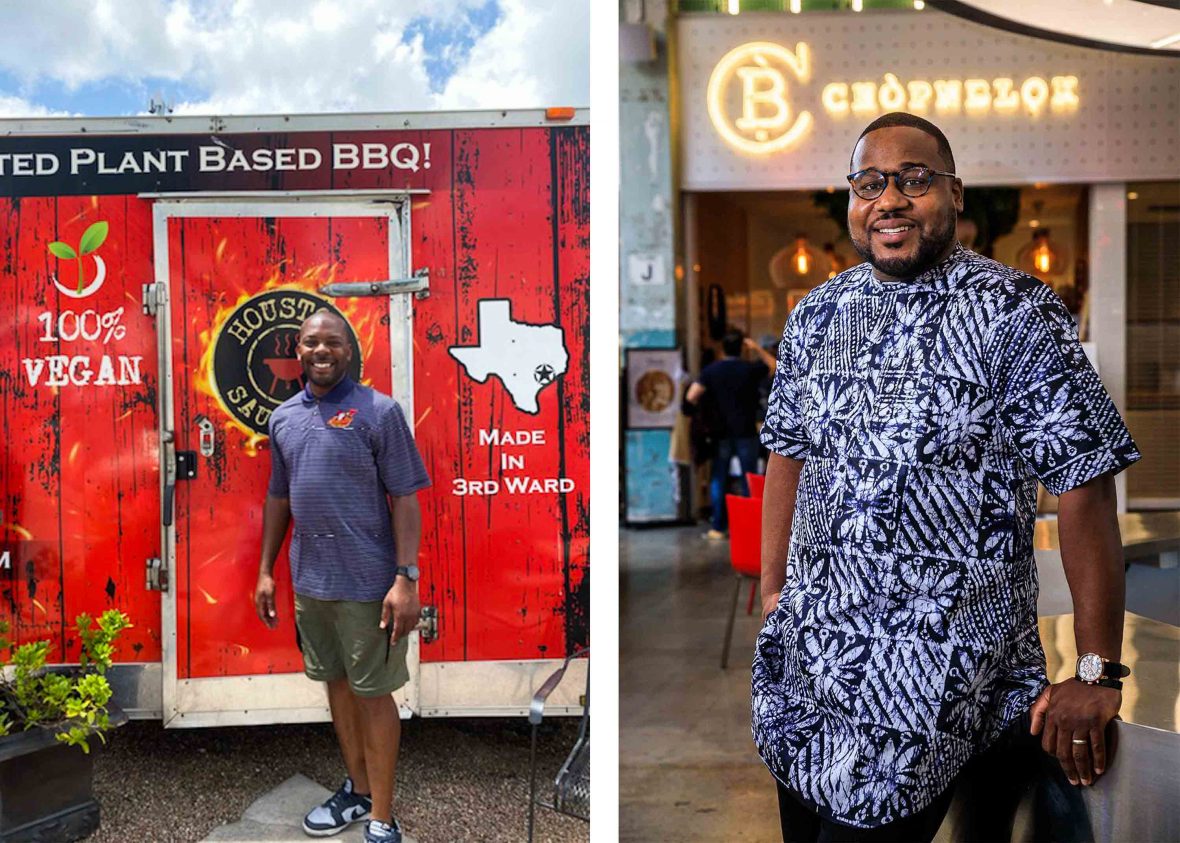
Some of what’s fed the Black food explosion is pure ‘moxie’, the relentless determination and drive that’s a Texas trait. Keenan Williams is executive chef of Upper Kirby Bistro which opened two weeks before COVID-19 restrictions started—for them, pivoting to delivery and curbside service saved the day.
The restaurant, Creole, Southern fusion, is one of the venues on the property that’s 100 percent Black-owned, and home to a cigar lounge, supper club and more. They are exhaling, having weathered the worst of the pandemic. In addition to Upper Kirby, Williams anticipates launching his own dinner series this fall and a new restaurant this summer. “I’m glad to be a part of what’s happening in Houston,” he says. “I don’t want to be anywhere else. You don’t have to be in New York to make a name for yourself.”
During the pandemic, Shannen Tune, chef and owner of Craft Burger, saw his food truck business at a food hall downtown drop more than 50 percent. But the former Food Network Chopped winner, didn’t give up.
In December 2020, he opened a bricks-and-mortar restaurant in Katy, just outside Houston where he lives. The gourmet burgers are so good they attract folks from two hours away—order the Morning After Burger with Black angus beef, brown sugar and chilli-rubbed candied bacon, a sunny-side up egg, smoked gouda on a bacon-cheddar waffle bun, and you’ll know why. It’s the stuff of legends.
And I can vouch for the Buttermilk Fried Chicken sandwich that earned him kudos on Chopped. I was stuffed on my last stop that day, but Tune sent me home with that chicken fried to perfection, lettuce, tomato, avocado and BBQ sauce. One word. Wow.
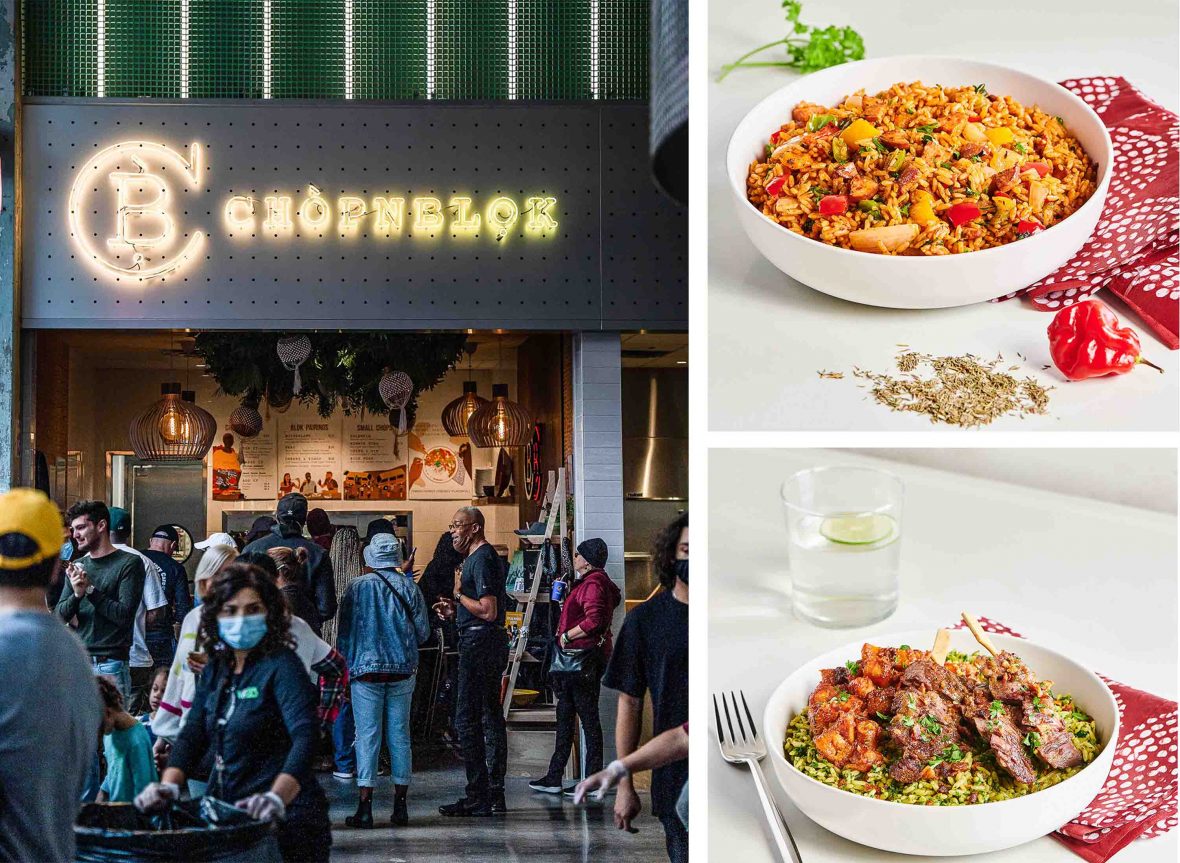
But Tune wasn’t profitable for a year. His wife, also a chef, joined Tune in catering, virtual cooking classes, and more to stay afloat. While he’s discussed expanding elsewhere, Houston is special. “I don’t think I could have done this in Los Angeles,” he says. “It’s more affordable to take risks here and there’s a supportive community.”
Tune echoed what I kept hearing, Houston is special, for its diversity and its small-town qualities, despite being a big city. “We are a close-knit community,” says Milton. “A lot of us in business now, we grew up together, or went to college together. Everybody knows everybody and supports one another.”
Houston is also small business-friendly. Last year, chef Roy Burks opened Heads & Tails Seafood in the food hall, Railway Heights. Banks had never owned or worked in a restaurant, but Railway Heights, which runs like a business incubator, offers entrepreneurs assistance running their business. Banks is now opening a second eatery.

In business, timing counts. Opé Amosu, chef and owner of ChòpnBlọk, which opened in November of 2021 in POST HTX’s international food hall, says Houston was ready for him. “With the Afro beats movement and Wakanda, people were open, curious about my culture,” says Amosu, the son of Nigerian immigrants who grew up in Houston.
In 2018, he tested the waters for a restaurant showcasing West African cuisine by hosting dinners that gained visibility from celebrities passing through town and spreading the word. His long-time friend, rapper and singer Tobe Nwigwe, got him connected with rapper and singer Jidenna, and comedian and actress Yvonne Orji from HBO series Insecure. Amosu’s Jollof Jambalaya and spicy Motherland Curry have been big hits and he’s planning a second location. “I want to share the beauty of West African culture through food. The people of Houston see the beauty in differences.”
During my time in Houston, I went from restaurant to restaurant, not only with a full belly, but bursting with pride for its food scene and what it meant. I conjured up an old-school saying: “Blacks are large and in charge.”
The ancestors must be smiling. Lucille’s executive chef Chris Williams is chuffed that Houston’s Black chefs are getting their due. “We have switched the conversation about what Black restaurants can look like.”

Sheryl Nance-Nash is a New York-based freelance journalist, currently working remotely in Jamaica. She loves to write about the intersection of travel, history, wellness and culture. Her work has appeared on CNTraveler.com, Fodor's, The Daily Beast, Afar, Newsweek.com, Global Traveler, among others.


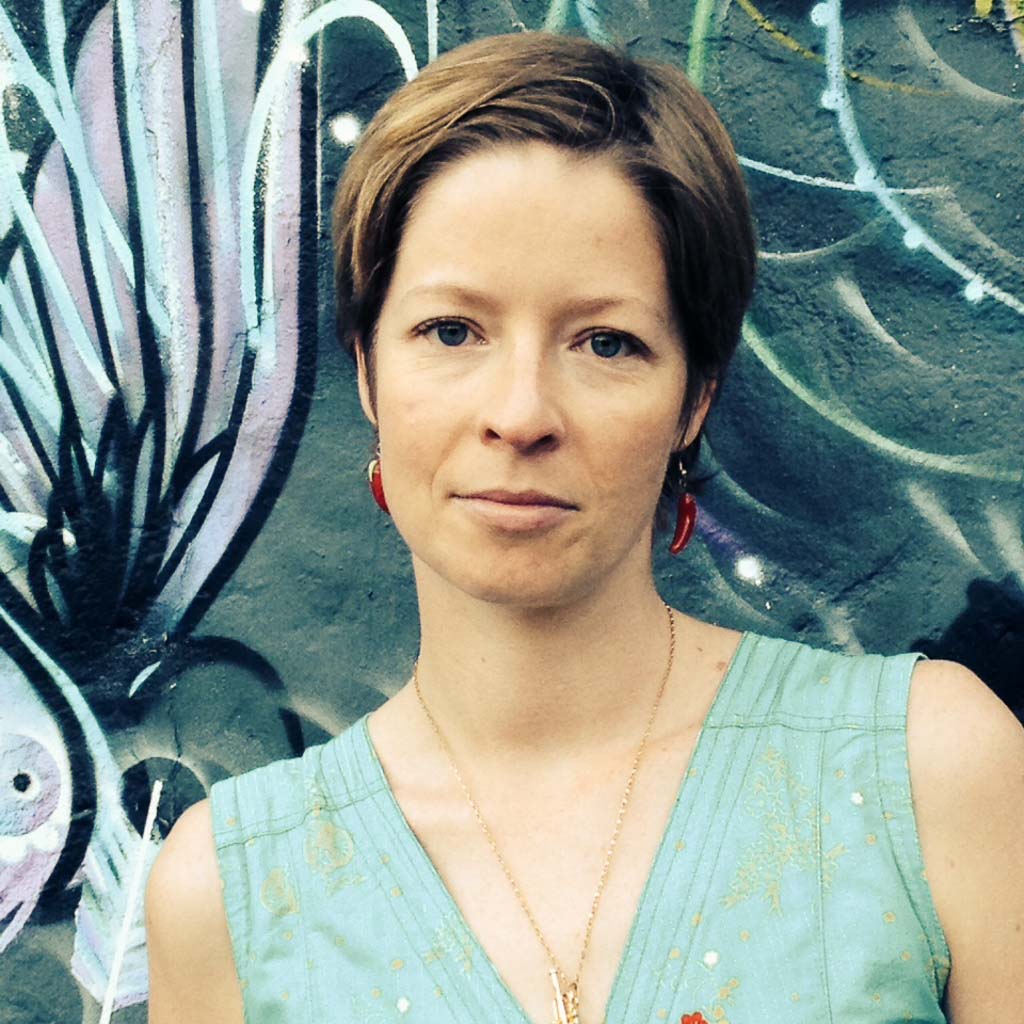



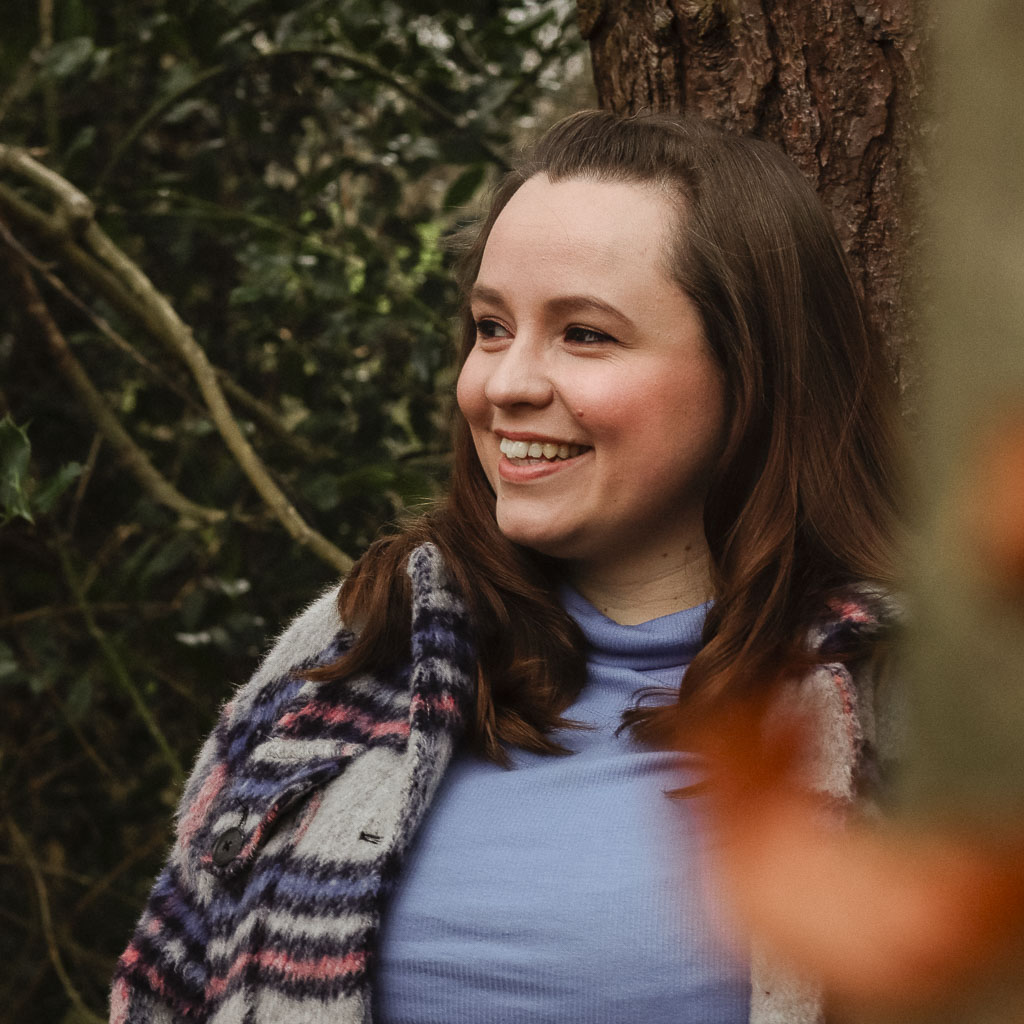

Can't find what you're looking for? Try using these tags: